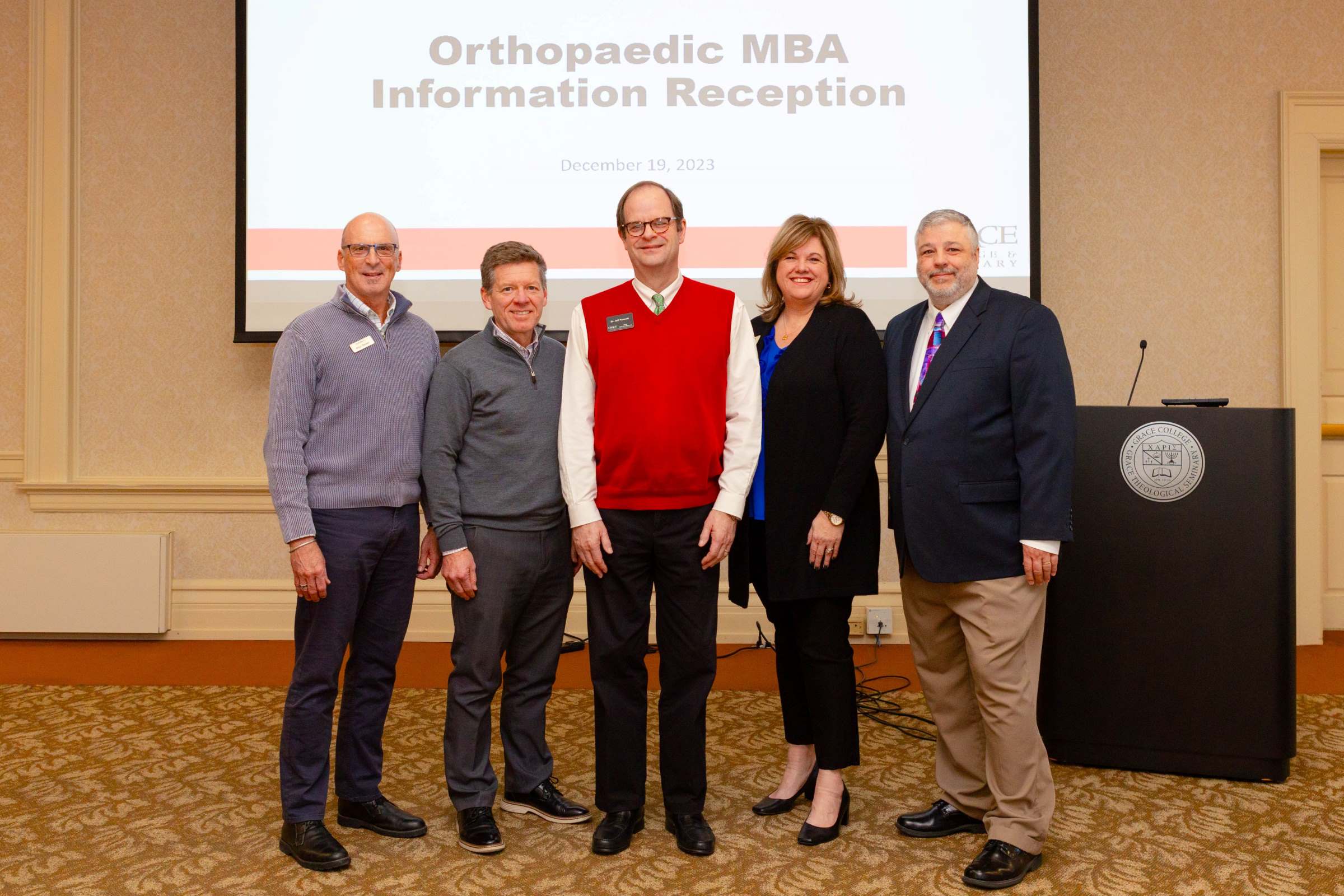February 6, 2023
How Does Screen Time Affect Mental Health?
Tagged With Counseling Masters Programs

The digital world brings us together. Through technology, we are able to send instant messages to people all over the world, update friends and family with a click, answer virtually any question we can imagine, and create more designs than we can even dream of. On average, people spend over three hours on their phones each day, checking their phones an average of 58 times daily. It’s easy to see why! With the sped up demands of jobs, the easy-to-access entertainment, and the growing use of social media; added screen time feels inevitable.
Although added screen time opens countless opportunities, it also has its deficits. Mental health counselors like Deb McEvoy, director of health and counseling services at Grace College, have seen the positive and negative side effects of screen time and mental health. Those entering the counseling field may find it beneficial to be aware of these effects when working with clients. So, how does screen time affect mental health?
How Does Screen Time Affect Mental Health in Connecting with Others?
“Social media can create the feeling of ‘I’m not alone,’” shares Deb McEvoy, who is in her 28th year at Grace. “And people who have felt isolated in their struggles need to hear that they are not the only ones hurting. This can be one benefit of screen time and mental health.”
The internet has opened a whole new door in relatability. People can find others dealing with the same hardship and feel more understood.
On the flip side, screen time can negatively impact in-person connection. According to a study done by The National Library of Medicine, adolescents who spent more time online had a lessened ability to make friends. In addition, experiments have shown that the presence of smartphones can lower enjoyment during social interactions. Speculations have been made about this, saying that this correlation of screen time and mental health could relate to time spent alone vs. time with peers, friendships formulated online rather than in-person, or decreased confidence from social media use.
It is no doubt that this struggle to create true friendships has a direct impact on mental health. Connection is an important part of life. We were designed to have relationships, and without them, it is difficult to maintain a stable emotional state.
How Does Screen Time Affect Mental Health with Increased Education?
When answering the question “how does screen time affect mental health,” an important element is education. With so much access to resources, clients are realizing the importance of counseling, mental health, and growth. These resources can help clients build a vocabulary to help heal from trauma with the help of a counselor.
“Social media has changed the conversation,” McEvoy shares. “People are starting to learn vocabulary for what they are going through.”
One incredibly important recommendation of McEvoy is to be careful of what resources are used. She warns that the information may not always be credible, which can lead to flawed self-diagnoses.
“Sometimes people get lost in the research,” McEvoy shares. “Seeking information is a wonderful thing, but if we are not sharing what we’re going through with real people and mental health professionals, it can be even more isolating.”
How Does Screen Time Affect Mental Health in Regards to Entertainment?
It is no secret that the internet is entertaining. Ask any cat-video enthusiast, and you will quickly hear about the endless entertainment that screen time can bring. However, social media can be a rabbit hole. The more recently coined phrase, “doom scrolling,” refers to seemingly endless hours of scrolling through social media without much awareness of time. Entertainment can take a dangerous turn when it comes to screen time and mental health because it starts to absorb time, which decreases productivity, human connection, and sleeping habits.
Is there an appropriate amount of “distraction” that is okay? Many counselors would say yes. Sometimes, a few moments of escape can be helpful, and pursuing a level of entertainment is appropriate when there is a need to relax and “check out.”
“A distraction can be a useful way to get a breather,” explains McEvoy. “But we need to re-engage afterward.” Screen time, in moderation, provides inspiration for creativity, humor, education, and so much more – as long as specific parameters are set.
How Does Screen Time Affect Mental Health When it Comes to Constant Updates?
Screen time provides updates on old friends, new friends, and news around the world! This instant and constant updating gives us connectedness and keeps us aware of what is happening in the world around us. However, the information we receive has oftentimes already been polished and organized in a way that the curator intended, which can lead people astray.
“Social media provides the best foot forward, making it seem like our friends are devoid of problems,” McEvoy recognizes. “I think it can be easy to believe that we are struggling much more than everyone else is because of the curated glimpses of the lives we see on our screens.”
On a larger scale, the news from around the world is rarely all positive. For those prone to anxiety, the constant world-wide news updates can also deliver a high level of distressing events which might be gas to an already burning fire of persistent worry and anxious feelings.
“The catastrophes are louder than anything else,” says McEvoy. “It becomes so normalized to be an unsafe world. We might feel on constant alert because we know so much so often.”
So, how does screen time affect mental health? The bottom line is this: screen time and mental health can work together or against one another. Screen time is not all good or all bad. Instead, it can be viewed as a tool. McEvoy says that just like most other tools we are given, we can use them in productive and unproductive ways.
If you have a passion for seeing people improve their mental health and want to be part of their journey, a degree in mental health counseling may be a great fit for you. Learn more about Grace College today!


